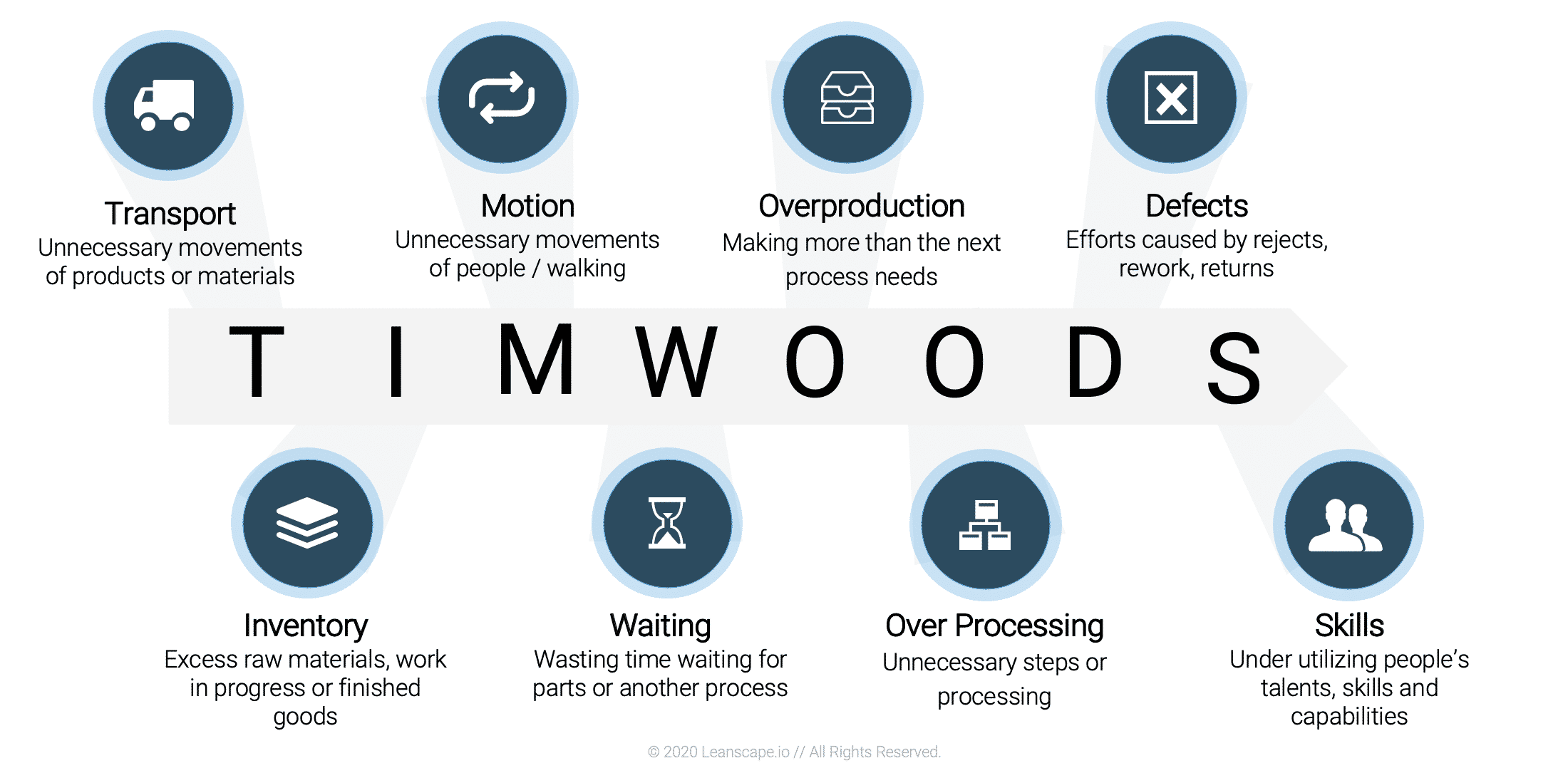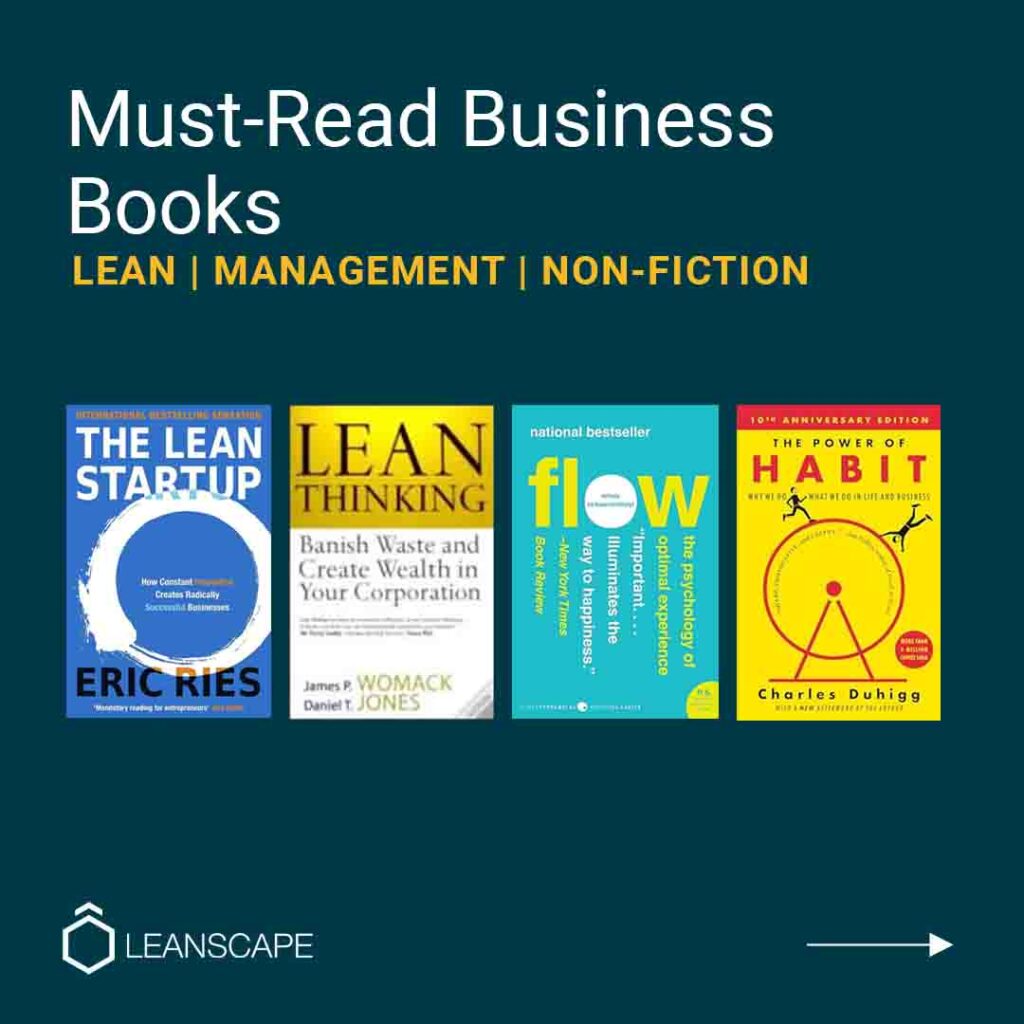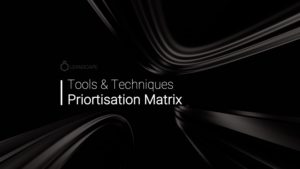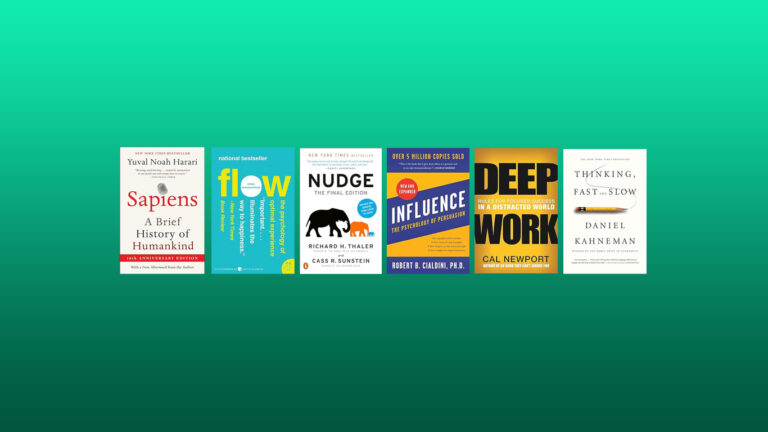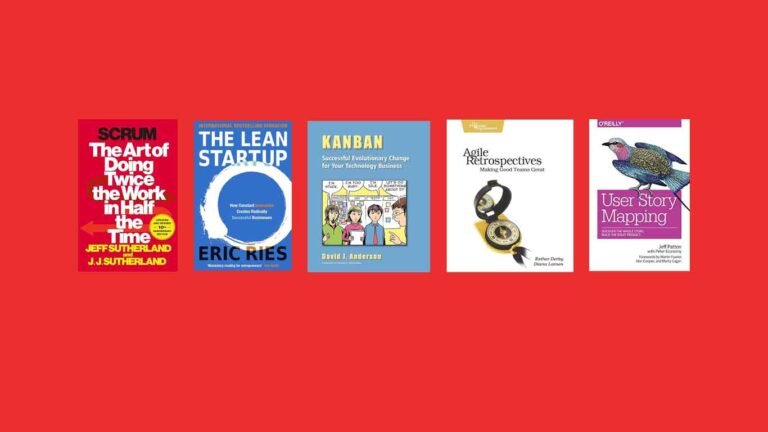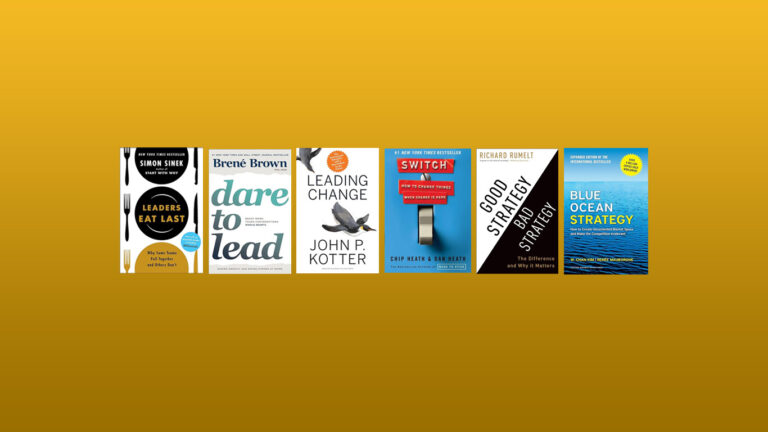What is Lean Management?
In 1990, James Womack and Daniel Jones wrote their book “The Machine That Changed the World” in 1990, following a study of the Toyota Company. Toyota, as well as other Japanese automakers, were growing in strength by applying what Womack and Jones termed “lean production”.
These practices, methodologies and tools have not only been proven again and again by Toyota’s success but today the Lean ideas have extended far beyond the automotive sector and the manufacturing sector and are now found across every industry and service sector you can find. Over the last 10 years, Lean has been the foundation for the Lean Startup, Agile and Scrum approaches to innovation and software development.
100% Free Fundamentals of Lean COURSE
What is Lean?
Today, Lean Thinking methodologies and tools are referred to in a range of terminologies such as Lean Management, Lean Enterprise, Lean Manufacturing, but at Leanscape, Lean Management best describes the holistic approach of the Lean.
Lean Management Principles vs Waste
Lean Management is an approach and a methodology designed to maximise customer value by making sure our processes and activities run smoothly, efficiently and without waste. Waste in Lean is called “Muda”. Muda is any “non-value-adding” activity which in some shape or form stops us from delivering the maximum value to our customers.
Lean is a process focused improvement methodology but focused on employee engagement and knowledge.
In the Lean Management approach, there are 7 types of wastes (an eighth has recently been added). These are the following:
8 Types of Lean Waste
The diagram on the left shows the typical “TIMWOODS” approach to remembering the different types of wastes.
> Transportation
> Inventory / Stock
> Motion
> Waiting
> Over Processing (doing too much)
> Over Production (producing too many)
> Defects
> Skills
Click for a detailed review of each of the Lean Wastes
As you can see when combined this leads to the acronym of “TIM WOOD” which is widely used across companies today and within Lean Six Sigma training.
The last waste – often with an S – is Skills – the correct use and allocation of people skills, talents and resources.
So far at LeanScape, we have not found a process without waste and in general, wasteful activities can make up around 50% to 90% of most processes. This is the reason Lean Management is so important for companies.
5 Lean Principles
The key to Lean Management methodology is a 5 step model to eliminate waste and align our processes on customer value creation.
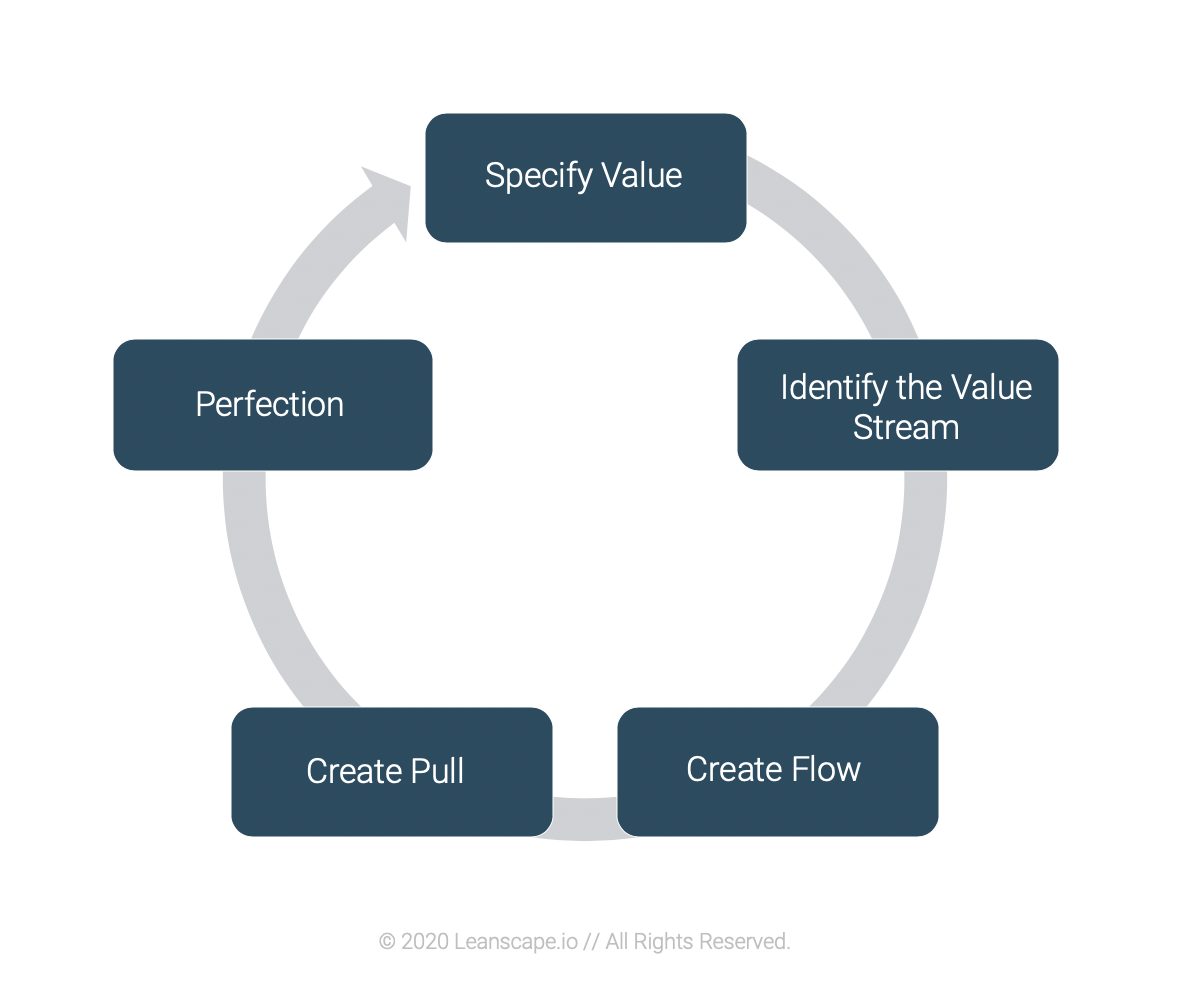
The 5 Lean Principles are a continuous cycle of improvement which link directly into the concept of Kaizen. The principles are:
Step 1 – Identify Value
Step 2 – Identify the Value Stream
Step 3 – Create Flow
Step 4 – Create Pull
Step 5 – Strive for Perfection
As you go through each step a wide range of Lean tools can be used to help you achieve the goal of delivering more value to the customer in a more efficient and cost-effective way. During the courses, you will learn the techniques and how to apply them at each stage.
5S in Lean
• 5S is a Japanese methodology for organizing and improving work environments.
• The 5 “S”s stand for sort, sweep, set in order, shine, standardize.
• When workers adhere to these guidelines, they can improve the flow of work and reduce wasted time and energy.
• 5S can benefit businesses in a number of ways: reducing costs; improving quality; speeding up production times; creating a culture of continuous improvement.
As you go through each step a wide range of Lean tools can be used to help you achieve the goal of delivering more value to the customer in a more efficient and cost-effective way. During the courses, you will learn the techniques and how to apply them at each stage.
Lean Management Courses:
Today, the majority of Lean focused courses combine the Six Sigma into what is called Lean Six Sigma courses. The reason for this is that Six Sigma provides a useful analytical element which can help particularly with the explosion of data we are experiencing.

